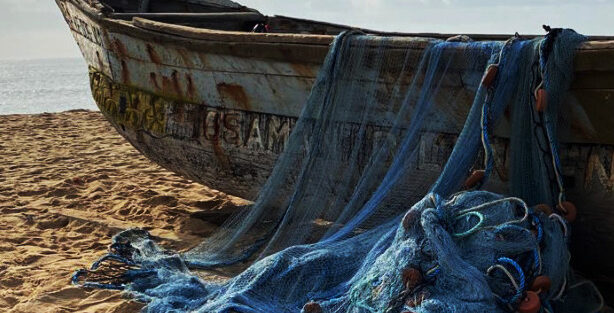Project Background
The lack of transparency, accountability and good governance in the sector has contributed to a suite of fisheries management challenges that pose an existential threat to the Gulf of Guinea’s fisheries sector. The current transparency, accountability and governance gaps risk pushing ocean ecosystems towards total collapse, with devastating consequences for the marine environment and the many millions of people who depend on it for food and income.
Information-sharing is also most often non-existent and where it does exist, it remains scanty and shows serious gaps in many facets of the fisheries decision and activity profile including access arrangements, licensing regimes, fishing permits, corporate arrangements or partnerships under which fishing is carried out, beneficial ownership, enforcement measures or sanctions imposed for violations. These gaps further compound the transparency dark spots and accountability shortfalls. Equally crucial to address, are concerns of the general skirting of rules, international norms, and best practices (binding and non-binding) that are meant to enhance fisheries sustainability and stewardship.
The Centre for Maritime Law and Security Africa (CEMLAWS Africa) will conduct an 18-month research project on the Enhancement of Transparency in the Fisheries Sectors in Benin, Cote d’Ivoire, Ghana and Senegal. The research has three primary objectives: (1) improve transparency and accountability in the fisheries sectors of target countries, (2) ensure functional information-sharing mechanisms, and (3) enhance governance of fisheries policy frameworks and enforcement mechanisms.
Project Activity Countries
Benin, Cote D’Ivoire, Ghana and Senegal
Funded by
Vibrant Oceans Initiative, a programme of Bloomberg Philanthropies.





